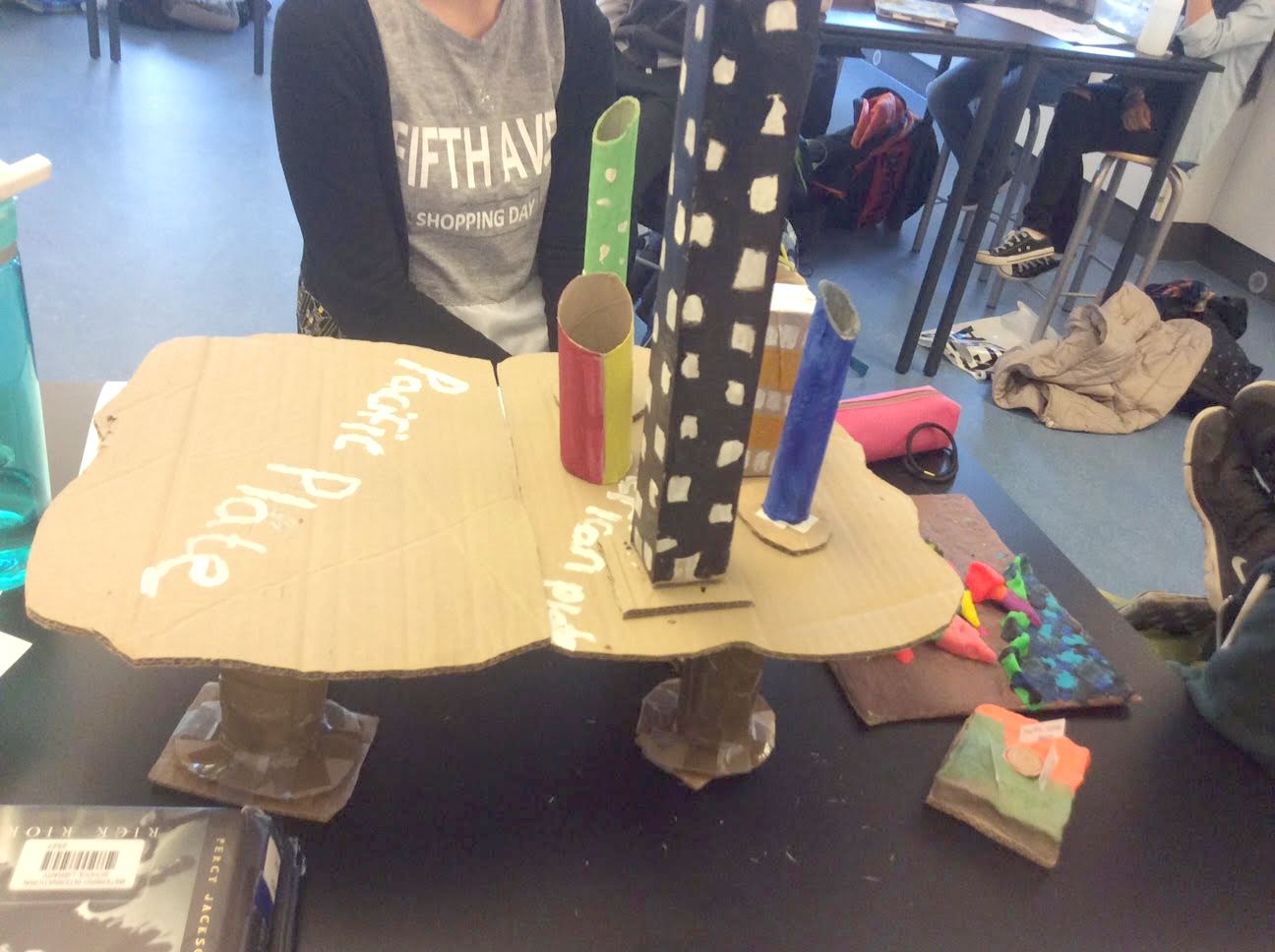Østerbro International School in Copenhagen is organising an innovative science project that aims to teach students to become critically aware as global citizens of the ethical implications of using science and technology.
The interdisciplinary project combines the syllabuses of biology, chemistry and physics and will run for a week from May 9-13.
All interconnected
During this period, all science students from grade 11 (ages 16-18) will form small groups and work together towards a specific goal.
“The idea is for the students to understand the relationship between different science disciplines and to develop and apply 21st century communication skills in the area of science,” Anita Vanessa Ponce, the head of the science department at ØIS, told the Copenhagen Post Weekly.
“Many students love one science subject, but hate the others. What they don’t realise, however, is how closely these subjects are interconnected.”
Helping globally
Students will choose their own topic from a selection of general themes, such as ‘sustainability’ or ‘water’.
At the end, they will showcase what they have learned about science and modern communication in a practical way and how their knowledge can help the global community.
“Students can create new websites, informational videos, or blogs,” Ponce noted. “Many of these group works yield really cool inventions.”
This science project is part of the curriculum at Diploma IB World Schools, and some of the schools work on it together.















